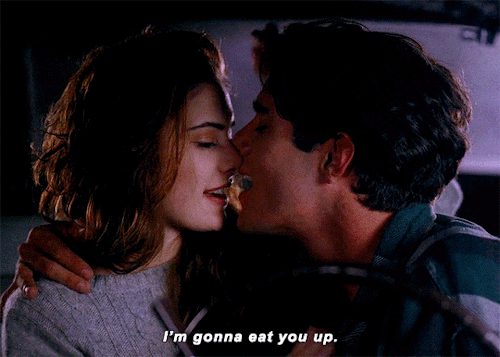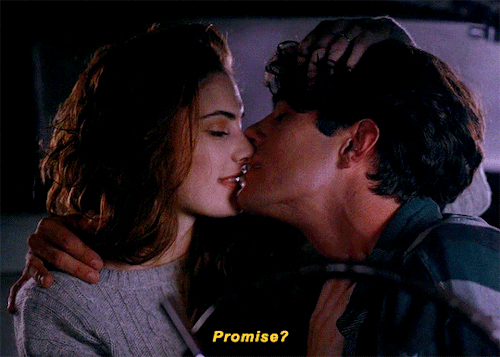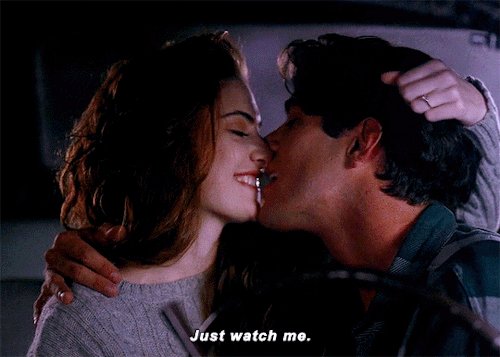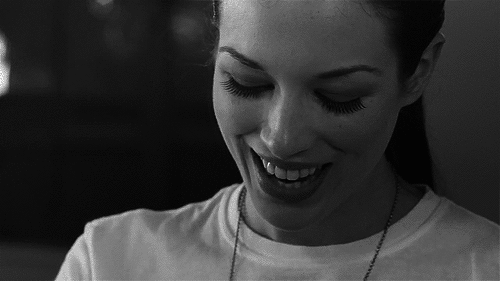“Although Bisexuals Have Always Been Part Of Lesbian And Gay Movements And Communities, They Have Often
“Although bisexuals have always been part of lesbian and gay movements and communities, they have often not been visible as bisexuals in these groups. Consider, for instance, these little-known historical facts:
A bisexual man was one of the key organizers of the first national March on Washington for Lesbian and Gay Rights in 1979. He also cofounder the National Coalition of Black Lesbians and Gays and led a delegation of black gays to meet with White House staff while Carter was President.
A bisexual Washingtonian was one of the first women to write about living women in the national feminist news journal, off our backs, in 1972.
It was a bisexual man who conceived and spearheaded the successful national “gaycott” of Florida orange juice in response to Anita Bryant’s homophobic “Save Our Children” campaign in Dade County, Florida, in the late 1970s.
A lesbian-identified bisexual ex-suburban housewife ran for Vice President on a bisexual/lesbian/gay civil rights platform during the 1984 Democratic Party convention in San Francisco.
In May 1989, a bisexual veteran from New England, representing the National Gay, Lesbian, and Bisexual Veterans Association, was the first out-of-the-closet veteran invited to testify before Congress on behalf of all lesbian, gay, and bisexual veterans.
But even in these high-profile “out” positions, bisexuals often continued to be perceived as gays and lesbians by both the gay rights movement and the rest of society.”
- Loraine Hutchins, Bisexuality: The Psychology and Politics of an Invisible Minority
More Posts from Bi-supremacy and Others
“We were told we [could] only talk about the effects on our lives of being attracted to other women or femmes because “no one is oppressed for being in a heterosexual relationship.” We were accused of internalized homophobia… or being the reasons lesbians are fetishized and making lesbians look bad - that bisexual women were the reason why straight men thought that lesbians were sexually available… I never understood it, but it came up a lot… If you didn’t seem like you were a lesbian, or could be confused for one, then your position was a lot weaker. Your opinion didn’t quite matter as much. You were less likely to be one of authority in the group. Your loyalty to the community was more likely to get questioned. You were more likely to get accused of your ideas being part of the problem. Any time something came up, and you talked about it from the perspective of not being a lesbian, you were more likely to be told that your need to bring that up was part of the problem of why progress wasn’t being made.”
- Rylee, quoted by Jayna Tavarez, The Bi-ble: New Testimonials, Further original narratives and essays about bisexuality



Bobby Briggs…
Twin Peaks: Coma (1990) dir. David Lynch
“Characters rarely identified themselves as bisexual out loud - instead they behaved their bisexuality, usually through an illicit queer hookup (followed by a breakdown because they’re so “confused”). This taught me that bisexuality was something you do, rather than something you are. And since I hadn’t “done it” yet, I figured I was straight.”
- Jen Winston, Greedy: Notes from a Bisexual Who Wants Too Much



“I don’t like gay and lesbian people’s ignorance about bisexuals. It’s rare to find a politically savvy bisexual person who isn’t involved in the gay and lesbian community, but many gays and lesbians have no knowledge of bisexual people. We’re still laughed at, trivialized, seen as purveyors of disease, seen as riding on the coattails of the gay rights movement, as if we weren’t there all along.
To me, these attitudes toward us come from ignorance and self-hatred. If somebody feels really good about who they are, they don’t feel threatened by what other people are…
Heading and saying “gay, lesbian, and bisexual” is music to my ears. Because the more unity we achieve, the more we put aside petty differences, the more strength we have.”
- Dr Maggi Rubenstein, Bi Any Other Name: Bisexual People Speak Out
“Politicised bisexuals want to connect with lesbian/gay groups, not to overthrow them, and to strengthen, not dilute, lesbian/gay anger and power.”
- Amanda Udis-Kessler, Bisexual Horizons: Politics, Histories, Lives


-
 mellifiedfemme liked this · 5 months ago
mellifiedfemme liked this · 5 months ago -
 thetranstwink reblogged this · 6 months ago
thetranstwink reblogged this · 6 months ago -
 thetranstwink liked this · 6 months ago
thetranstwink liked this · 6 months ago -
 perfect-bi-paradise liked this · 6 months ago
perfect-bi-paradise liked this · 6 months ago -
 femmeloverboy liked this · 7 months ago
femmeloverboy liked this · 7 months ago -
 sackvillesque liked this · 11 months ago
sackvillesque liked this · 11 months ago -
 hscorpio18 liked this · 1 year ago
hscorpio18 liked this · 1 year ago -
 callousprincess liked this · 1 year ago
callousprincess liked this · 1 year ago -
 cadetie reblogged this · 1 year ago
cadetie reblogged this · 1 year ago -
 vialium liked this · 1 year ago
vialium liked this · 1 year ago -
 swaghaver69 liked this · 1 year ago
swaghaver69 liked this · 1 year ago -
 radresource reblogged this · 1 year ago
radresource reblogged this · 1 year ago -
 radfem-suggestion reblogged this · 1 year ago
radfem-suggestion reblogged this · 1 year ago -
 partymoth liked this · 1 year ago
partymoth liked this · 1 year ago -
 eldopism reblogged this · 1 year ago
eldopism reblogged this · 1 year ago -
 eldopism liked this · 1 year ago
eldopism liked this · 1 year ago -
 aworldunturning liked this · 1 year ago
aworldunturning liked this · 1 year ago -
 cadetie reblogged this · 1 year ago
cadetie reblogged this · 1 year ago -
 cadetie liked this · 1 year ago
cadetie liked this · 1 year ago -
 mariemariemaria liked this · 1 year ago
mariemariemaria liked this · 1 year ago -
 khfanforall reblogged this · 1 year ago
khfanforall reblogged this · 1 year ago -
 readingbibooks reblogged this · 1 year ago
readingbibooks reblogged this · 1 year ago -
 dyinggirldied liked this · 1 year ago
dyinggirldied liked this · 1 year ago -
 eternalxblossom liked this · 1 year ago
eternalxblossom liked this · 1 year ago -
 readingbibooks reblogged this · 1 year ago
readingbibooks reblogged this · 1 year ago -
 anti-death reblogged this · 1 year ago
anti-death reblogged this · 1 year ago -
 bisexual-coala liked this · 1 year ago
bisexual-coala liked this · 1 year ago -
 mountainsoftreatos liked this · 1 year ago
mountainsoftreatos liked this · 1 year ago -
 katspause liked this · 1 year ago
katspause liked this · 1 year ago -
 hello7there reblogged this · 1 year ago
hello7there reblogged this · 1 year ago -
 hello7there liked this · 1 year ago
hello7there liked this · 1 year ago -
 adverbian reblogged this · 1 year ago
adverbian reblogged this · 1 year ago -
 adverbian liked this · 1 year ago
adverbian liked this · 1 year ago -
 ivereadthemanual reblogged this · 1 year ago
ivereadthemanual reblogged this · 1 year ago -
 bisexual-coala reblogged this · 1 year ago
bisexual-coala reblogged this · 1 year ago -
 bisexualhistorycollection reblogged this · 1 year ago
bisexualhistorycollection reblogged this · 1 year ago -
 l3nal3nouille2 liked this · 1 year ago
l3nal3nouille2 liked this · 1 year ago -
 celestefem liked this · 1 year ago
celestefem liked this · 1 year ago -
 meowmeowpspsps liked this · 1 year ago
meowmeowpspsps liked this · 1 year ago -
 petalsmiles reblogged this · 1 year ago
petalsmiles reblogged this · 1 year ago -
 plexiglasscoffin liked this · 1 year ago
plexiglasscoffin liked this · 1 year ago -
 taylovelinus reblogged this · 1 year ago
taylovelinus reblogged this · 1 year ago